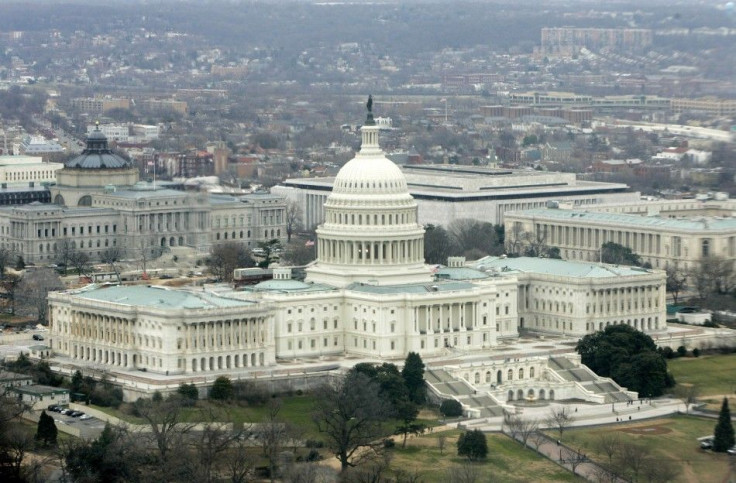U.S. Debt Deal: With Markets Reeling, 'Super Committee's' Task More Important
Analysis

The U.S. Congress' new 'super committee' for deficit reduction is starting to take shape, as Senate Majority Leader Harry Reid, D-Nev., has appointed three key Senate Democrats to sit on the now high-profile board.
Reid appointed Senate Finance Committee Chairman Max Baucus, D-Mont, Sen. John Kerry, D-Mass., and Sen. Patty Murray, D-Wash., will serve on the committee, which has been given the charge of reducing the budget deficit by an additional $1.5 trillion by Thanksgiving.
"I have great faith in Senator Murray as the co-chair of the committee. Her years of experience on the Senate Budget and Appropriations committees have given her a depth of knowledge on budget issues, and demonstrated her ability to work across party lines," Reid said, in a statement. "Senators Baucus and Kerry are two of the Senate's most respected and experienced legislators. Their legislative accomplishments are matched only by their records of forging strong bonds with their Republican colleagues."
Meanwhile, Senate Minority Leader Mitch McConnell, R-Ky, has not yet named the GOP's three committee members.
Further, to say the supercommittee will be under increased pressure to produce an even bigger deficit reduction that what Congress and President Barack Obama called for in the U.S. debt deal is axiomatic.
Committee Must Keep Markets In Mind
Since the debt deal's passage, U.S., European and other global markets have been roiled by concern about government debt, also called sovereign debt, in Europe, and by the U.S.'s budget deficit and tepid economic recovery.
The Dow Jones Industrial Average (DJIA) has plummeted more than 10 percent in the past two week, and the Dow was down another 410 points to 10,825 in Wednesday at mid-day.
Institutional investors are concerned that the U.S. economic recovery is slowing to a crawl, and that inadequate job growth will weigh on both corporate revenue and earnings growth. Add a market that's also concerned about the U.S. Government's debt service capacity, and the result is a stock market where fear and volatility are pervasive, and where the better data points -- such as strong profits in many U.S. corporations -- are being blotted-out.
The relevance of the above for the super committee? It goes without saying with institutional investors on edge, the investors want to see a functioning, focused and united super committee that achieves at least $1.5 trillion in additional deficit reduction over 10 years.
Political/Public Policy Analysis: Essentially, institutional investors are concerned about the U.S. economy tipping back into a recession, and it behooves the members of the super committee to act "with deliberate speed," to borrow a U.S. Supreme Court phrase, and send a signal to U.S. and global markets that deficit reduction will exceed the $1.5 trillion goal. About $2.0 trillion to $2.5 trillion in additional cuts would be greeted warmly by the stock, bond, and currency markets.
And obviously what has to be avoided is partisan bickering -- public or through backchannels: institutional investors have had it with the old ways of Washington, hence they must be avoided.
© Copyright Thomson Reuters 2024. All rights reserved.











